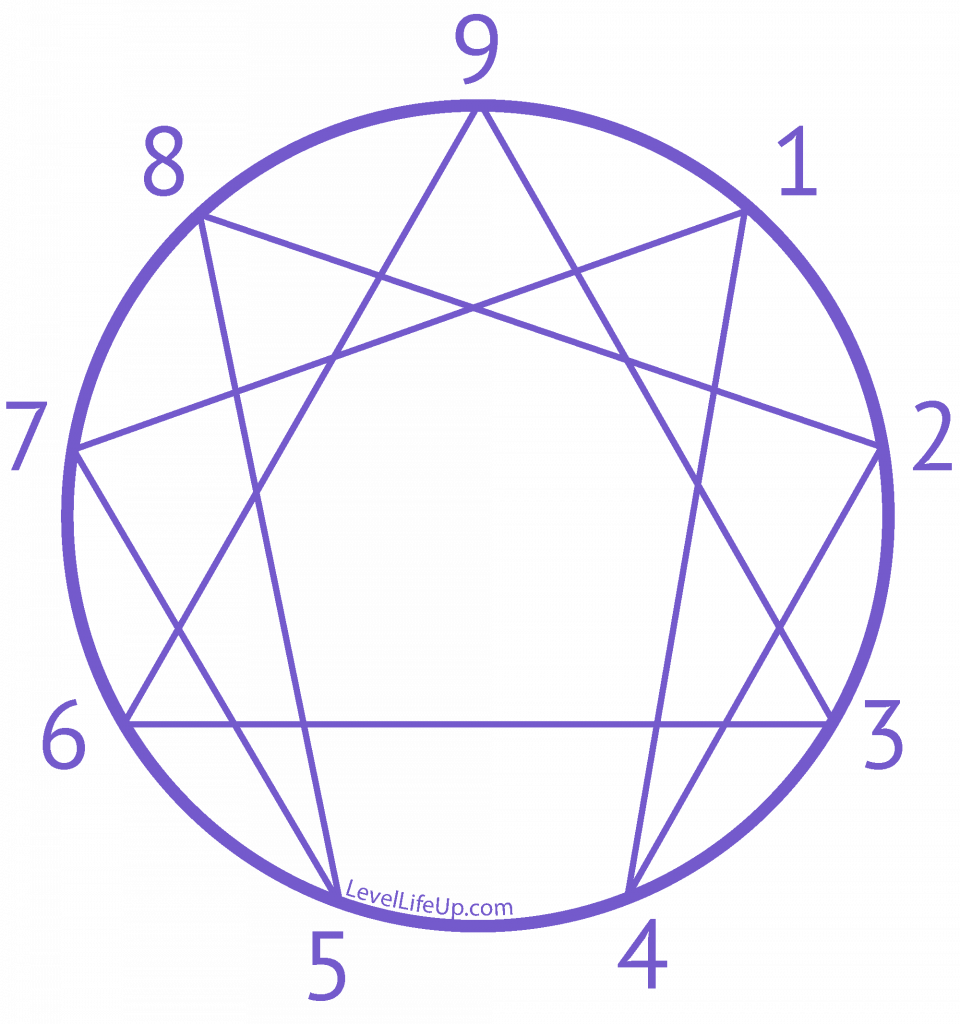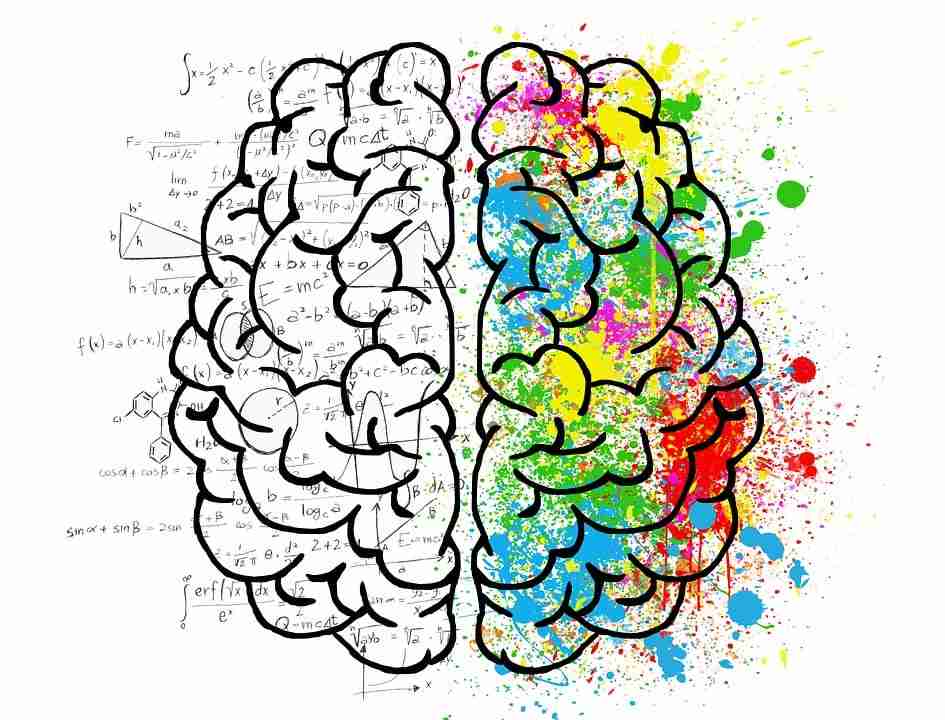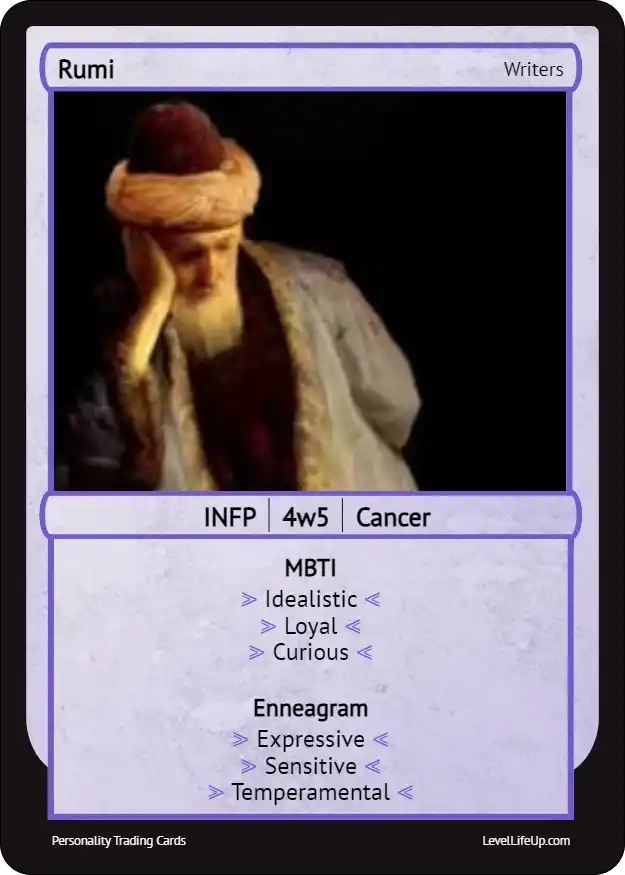Rumi, a 13th-century Persian poet and Islamic jurist, was widely known for his mystic and spiritual poetry that continues to resonate with people today. His writing reflects his deep love and devotion for God, and he was described as a compassionate and wise individual who embraced diversity and sought to unite people through his poetry. Rumi’s belief in the power of love and his ability to express his innermost thoughts and emotions through his writing make him a profound and influential figure in literature.
Knowing that, let’s jump right into the different personality profiles for Rumi!
Rumi Enneagram Type

After deep diving into the enneagram, it makes sense that Rumi is an enneagram type 4w5. Rumi’s personality aligns with the traits and behaviors typically associated with an enneagram 4w5.
As a writer, Rumi’s introspective and deep-thinking nature is evident, reflecting the individualistic and sensitive qualities of type 4. Like other type 4s, Rumi thrives on expressing their unique identity and emotions through their writing.
The 4w5 subtype highlights Rumi’s inclination towards intellectual pursuits, as the 5 wing brings a desire for knowledge and a need for privacy. This combination allows Rumi to examine complex emotions and societal issues, drawing inspiration from the world around them while maintaining their inner solitude.
Rumi’s introspective and artistic nature, coupled with their thirst for understanding, clearly exemplify the traits of a 4w5
It turns out Rumi shares their enneagram personality type with a few other people!
Rumi Myers Briggs Personality Type
Once again delving into the MBTI research, the conclusion drawn is that Rumi is an INFP. This can be established through several comparisons to other personality types.
Firstly, Rumi exhibits strong introverted traits, often seeking solitude and introspection to fuel his creative process. This is characteristic of INFPs who are known for their rich inner worlds.
Secondly, Rumi’s empathetic nature and deep understanding of others’ emotions align with the INFP’s dominant function of Fi (Introverted Feeling). Additionally, Rumi’s tendency to prioritize harmony and authenticity in his relationships and creative work indicates his auxiliary function of Ne (Extraverted Intuition).
Lastly, his ability to beautifully express complex emotions and spiritual concepts through his poetry resonates with the typical strengths of an INFP

As above, Rumi has the same myers briggs’ as a few other people you might know…
Rumi Zodiac Sign

As you likely know, the zodiac sign is determined by the date of birth.
Since Rumi has an unknown birthday, we’ll have to make a calculated guess based on the MBTI and Enneagram





